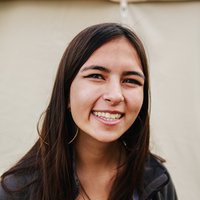Birding and breaking barriers to the outdoors
Mya Rose-Craig is and President of charity Black2Nature, author of Birdgirl
I have been birding (sometimes known as birdwatching or twitching) all my life with my parents and older sister, Ayesha, who are are all passionate birders.
Growing up with lots of British-Bangladeshi family and cousins, I felt quite isolated at times.
In those days growing up I literally never saw any Visibly Minority Ethnic (VME) people out in the countryside apart from my mum and sister.
We stood out and so people noticed us.
Access to nature for all
Nic Kane / Oxfam
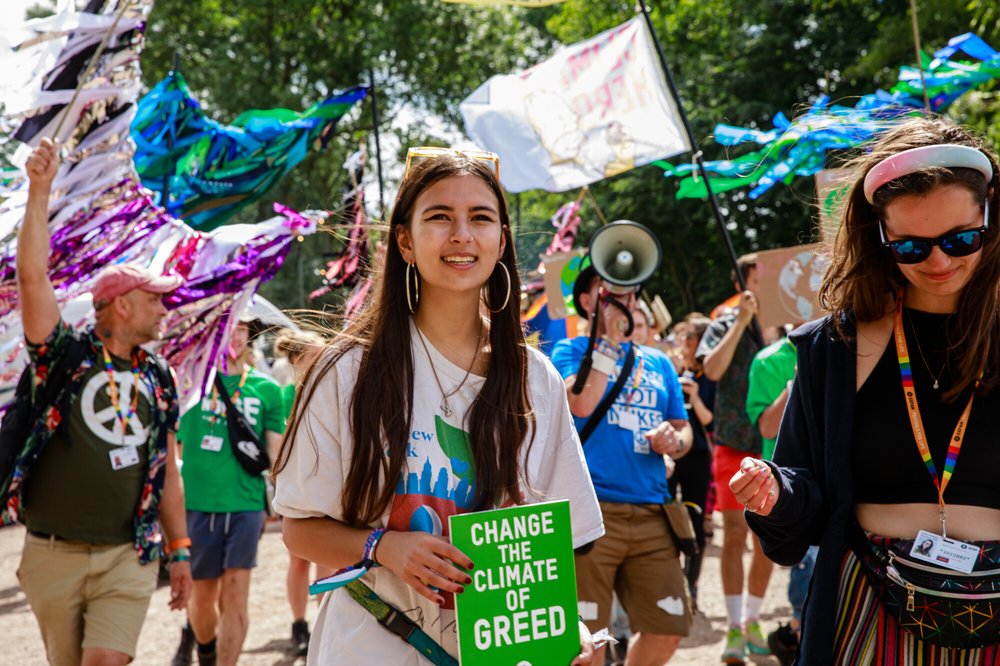
What blocks access to the countryside for Visibly Minority Ethnic (VME) communities?
What solutions can we use to break the barriers to access?
What can birds teach us about equality?
“Equality within the bird world means that each species has its space within nature to live, breed, and survive without impacting other species, in balance. It is our actions that are causing mass biodiversity loss of birds globally.”
— Dr Mya-Rose Craig, UK
How can we all be a part of building an equal world? How are conservation and people connected?
Mya-Rose Craig, Founder and President of charity Black2Nature, author of Birdgirl. Image: Nic Kane / Oxfam
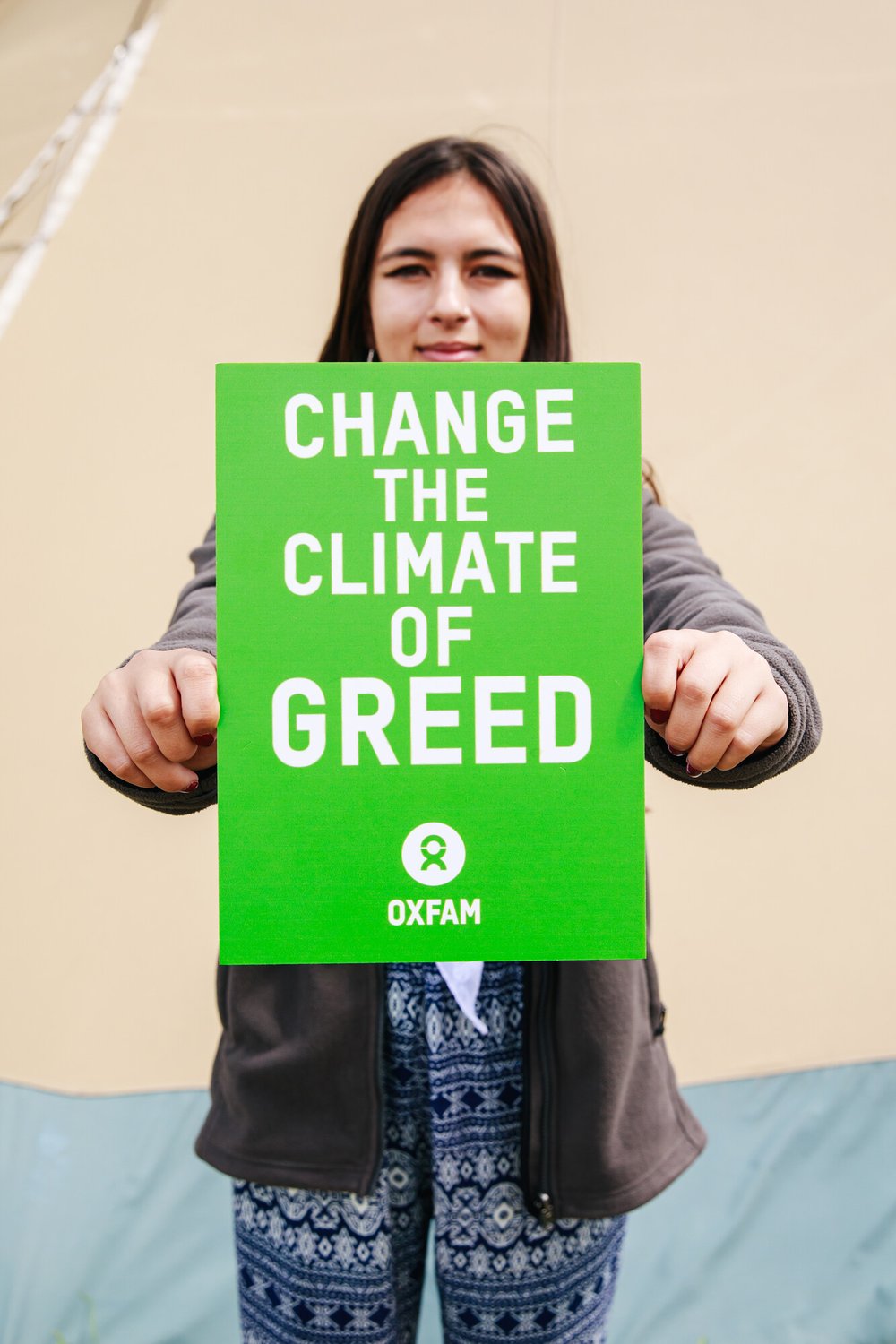
“It is important that conservation organisations and those involved in conservation globally look carefully at their plans and actions, give indigenous people a voice and work together for a better world for people and wildlife.”
— Dr Mya-Rose Craig, UK
Climate change is disproportionally affecting people in the Global South
Highlighting Bangladesh when campaigning on climate justice
“Global Climate Justice is about fairness and a just transition for countries in the Global South to move to sustainable industries.”
— Dr Mya-Rose Craig, UK
What does climate justice look like?
Nic Kane / Oxfam
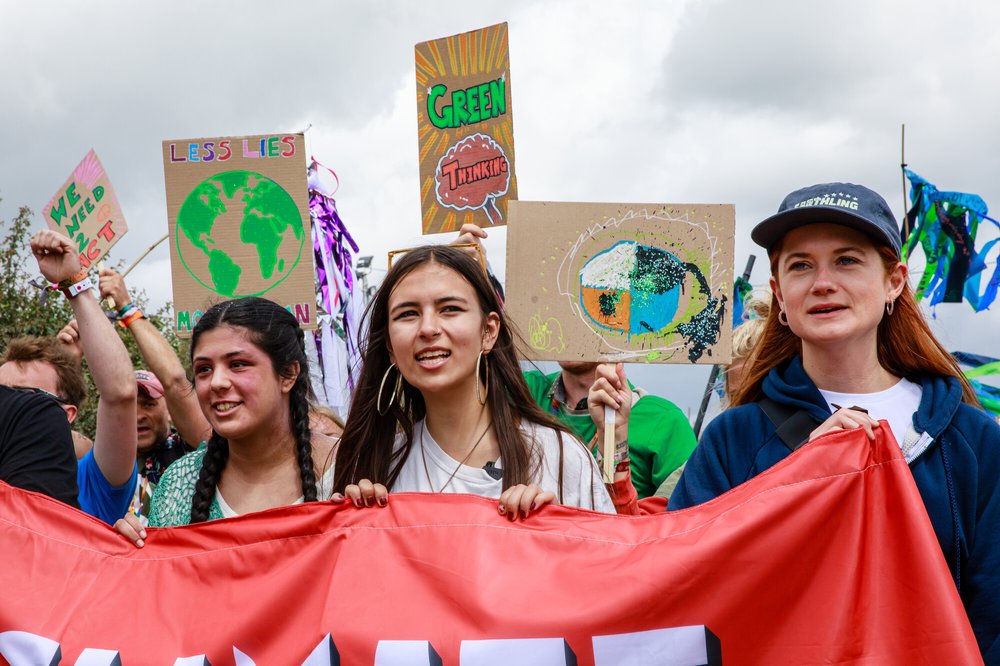
My climate heroes
One thing you can do today to help make the world a better place
More posts like this
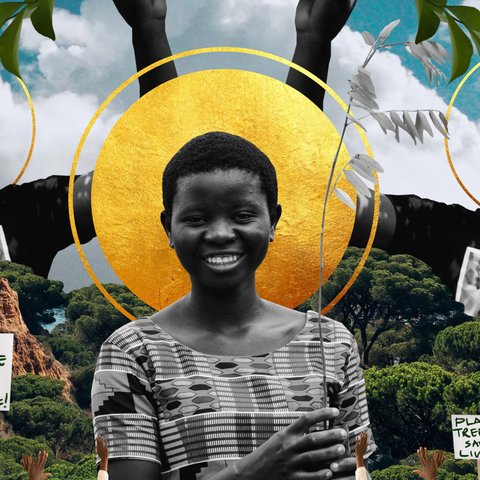
Facts about droughts: The people who have done the least to cause the climate crisis are suffering the most. Communities are calling for system change not climate change.
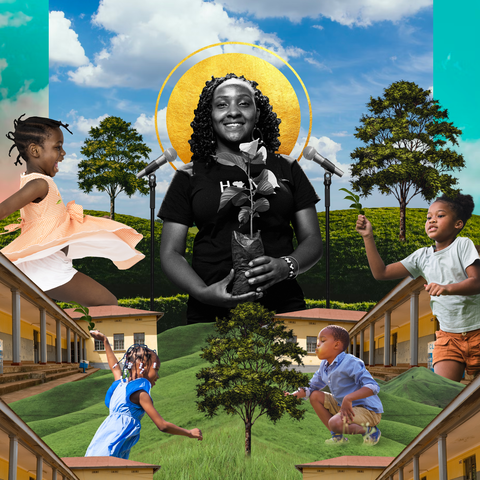
The climate crisis isn't in the future. It's here now, pushing people deeper into poverty. Polluters must pay for the damage they've caused, so all of us can thrive.
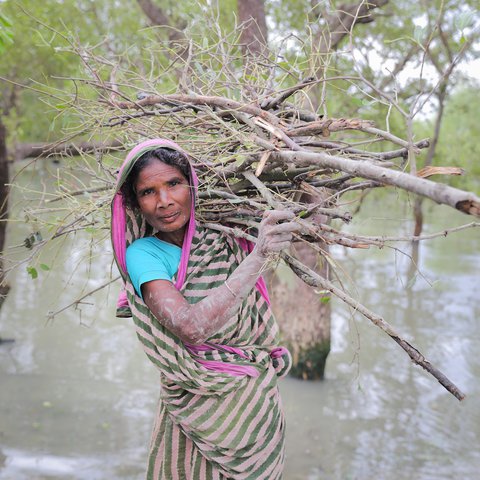
– Oxfam and partners in Bangladesh worked with communities in the predicted path of Cyclone Bulbul to prepare for the worst
